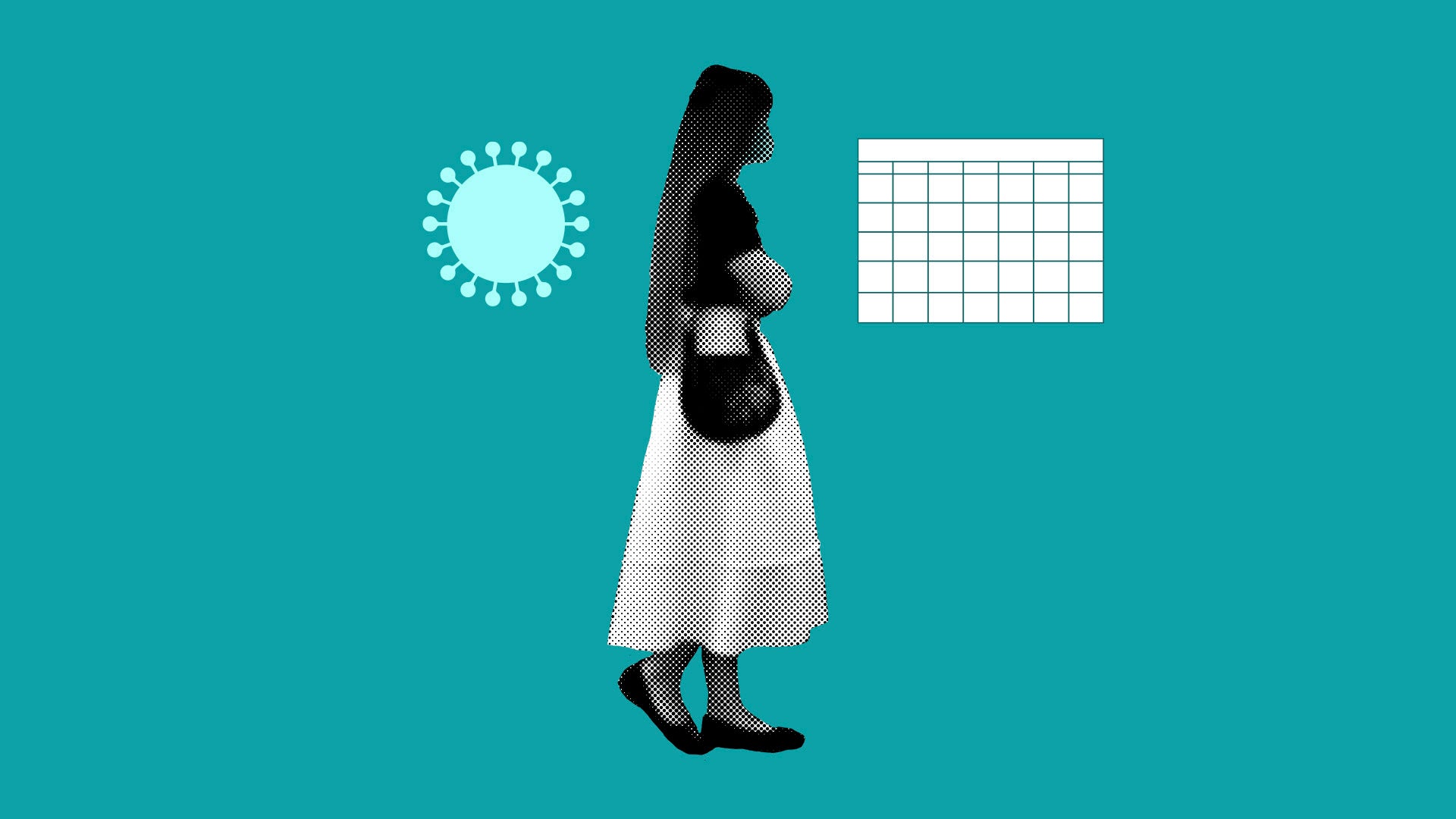Can COVID-19 vaccines affect my period?
It's not yet known if COVID-19 vaccines can affect your period, but researchers are starting to study the issue

Your support helps us to tell the story
From reproductive rights to climate change to Big Tech, The Independent is on the ground when the story is developing. Whether it's investigating the financials of Elon Musk's pro-Trump PAC or producing our latest documentary, 'The A Word', which shines a light on the American women fighting for reproductive rights, we know how important it is to parse out the facts from the messaging.
At such a critical moment in US history, we need reporters on the ground. Your donation allows us to keep sending journalists to speak to both sides of the story.
The Independent is trusted by Americans across the entire political spectrum. And unlike many other quality news outlets, we choose not to lock Americans out of our reporting and analysis with paywalls. We believe quality journalism should be available to everyone, paid for by those who can afford it.
Your support makes all the difference.Can COVID-19 vaccines affect my period?
It's not known, but researchers are starting to study the issue.
Vaccines are designed to activate your immune system, and some experts have wondered if that could temporarily disrupt menstrual cycles.
So far, reports of irregular bleeding have been anecdotal. And it’s hard to draw any links to the vaccines since changes could be the result of other factors including stress, diet and exercise habits. There's also a lack of data tracking changes to menstrual cycles after vaccines in general.
If scientists do eventually find a link between the vaccine and short-term changes in bleeding, experts say that would be no reason to avoid getting vaccinated. “The benefits of taking the vaccine certainly way outweigh putting up with one heavy period, if indeed they’re related,” said Dr. Mary Jane Minkin, a gynecologist and a professor at the Yale University School of Medicine.
Researchers recently launched a survey to begin gathering data. The findings won’t determine whether there’s a relationship between COVID-19 vaccines and menstrual changes, but could help form the basis for further research, said Katharine Lee, one of the researchers, who is based at Washington University in St. Louis.
Dr. Jen Gunter, an obstetrician and gynecologist in the San Francisco Bay Area said a link is possible, since the uterine lining, which is shed during menstruation, contains immune cells that help protect the uterus.
There’s no evidence that any vaccines, including COVID-19 vaccines, affect fertility, according to the U.S. Centers for Disease Control and Prevention and the American College of Obstetricians and Gynecologists.
___
The AP is answering your questions about the coronavirus in this series. Submit them at: FactCheck@AP.org. Read more:
How long does protection from COVID-19 vaccines last?
Are some COVID-19 vaccines more effective than others?
Can I still spread the coronavirus after I’m vaccinated?